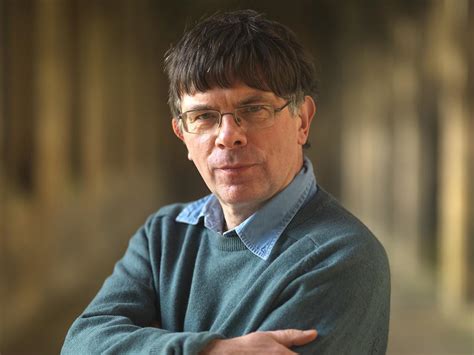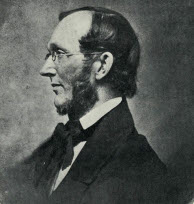A Quote by Karl Popper
There is no history of mankind, there is only an indefinite number of histories of all kinds of aspects of human life.
Quote Topics
Related Quotes
A number of aspects of mathematics are not much talked about in contemporary histories of mathematics. We have in mind business and commerce, war, number mysticism, astrology, and religion. In some instances, writers, hoping to assert for mathematics a noble parentage and a pure scientific experience, have turned away their eyes. Histories have been eager to put the case for science, but the Handmaiden of the Sciences has lived a far more raffish and interesting life than her historians allow.
The introduction of the Christian religion into the world has produced an incalculable change in history. There had previously been only a history of nations--there is now a history of mankind; and the idea of an education of human nature as a whole.--an education the work of Jesus Christ Himself--is become like a compass for the historian, the key of history, and the hope of nations.
Poetry has always mattered, through human history, through all kinds of cultures, all kinds of violence and human desolation, as well as periods of great human affirmation. It's been associated with the power of the word, with the sacred, with magic and transformation, with the oral narratives that help a people cohere.
For you deal here above all with human life, and human life is sacred; no one may dare make an attempt upon it. Respect for life, even with regard to the great problem of the birth rate, must find here in your Assembly its highest affirmation and its most rational defense. Your task is to ensure that there is enough bread on the tables of mankind, and not to encourage an artificial control of births, which would be irrational, in order to diminish the number of guests at the banquet of life.
The long history of mankind is studded with convergences, perhaps most notably in social systems and the use of artefacts and technology. But for human history, set in the arrow of time, there appears to be one intolerable stumbling-block. This is the catastrophic failure in human values and decency.
Why should it be thought incredible that the same soul should inhabit in succession an indefinite number of moral bodies? Even during this one life our bodies are perpetually changing, through a process of decay and restoration; which is so gradual that it escapes our notice. Every human being thus dwells successively in many bodies, even during one short life.
Instead of recognizing the State as ‘the common enemy of all well-disposed, industrious and decent men,’ the run of mankind, with rare exceptions, regards it not only as a final and indispensable entity, but also as, in the main, beneficent. The mass-man, ignorant of its history, regards its character and intentions as social rather than anti-social; and in that faith he is willing to put at its disposal an indefinite credit of knavery, mendacity and chicane, upon which its administrators may draw at will.







































